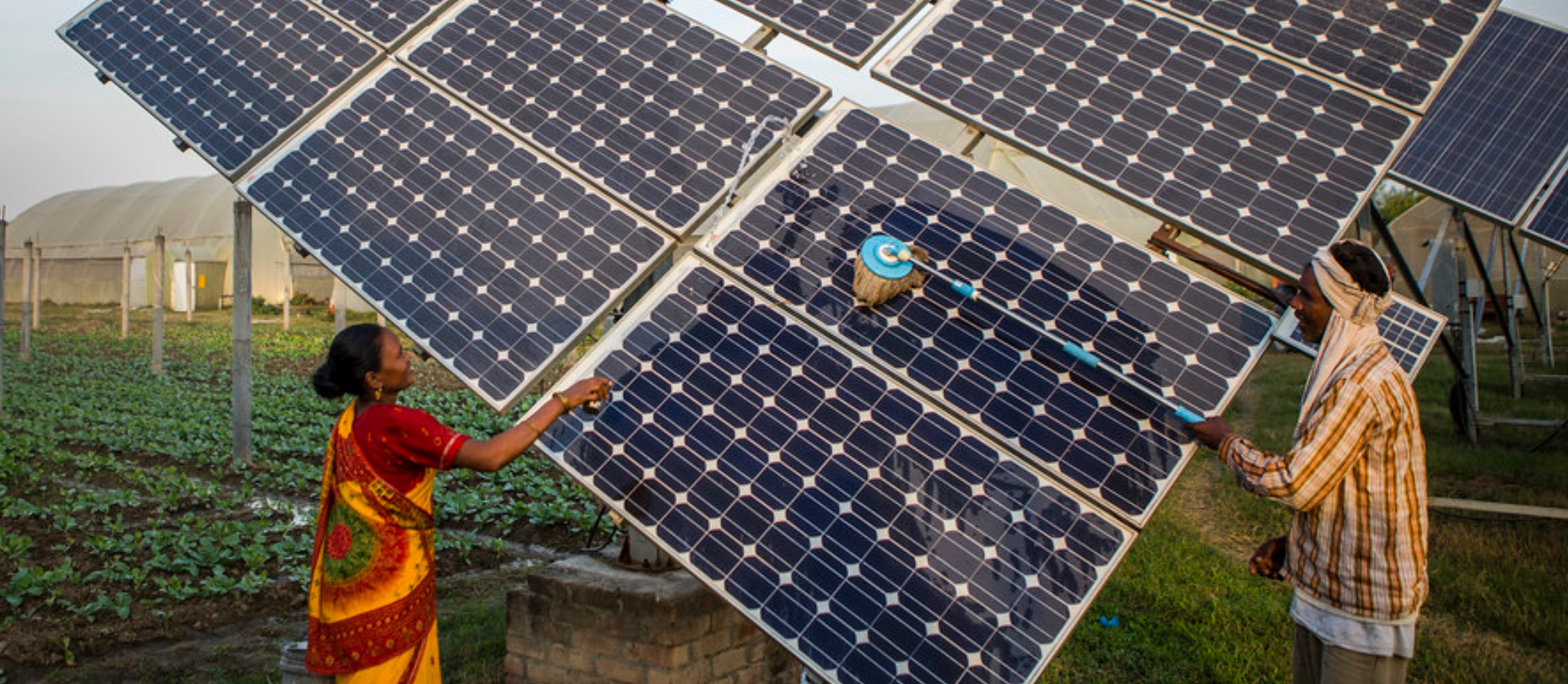Background
To support the review of SDG 7 at the High-level Political Forum (HLPF), DESA, in collaboration with UN-Energy, convened a global expert group meeting (EGM) on 11-12 May 2023. This gathering aimed to discuss the progress and challenges related to SDG 7, shared valuable lessons learned, including synergies with other SDGs, and distilled key recommendations for the way forward. The EGM built upon a range of inputs derived from extensive consultations, including the Regional Sustainable Development Forums organized by the UN Regional Commissions and thematic, multi-stakeholder consultations like the SDG7 Technical Advisory Group. The meeting produced a summary note that informs the background document for the review of SDG 7 at the HLPF. Moreover, this year's HLPF, which incorporated the SDG 7 review, plays a significant role in shaping the SDG Summit held at the UN General Assembly in September. This presents a momentous opportunity to strengthen political commitment and amplify collective action towards achieving the SDGs and the objectives outlined in the Paris Agreement.
Expert Group Met to Recommend Key Actions to Advance SDG 7
Nearly 100 energy experts from diverse backgrounds met on 11-12 May 2023 at UN Headquarters in New York and online to assess progress and challenges in achieving SDG 7 and make recommendations for impactful actions that will be considered by the High-level Political Forum in July. Expert Group Meetings are being organized for each of the SDGs that are being formally reviewed by the HLPF this year, to provide substantive input.
Participants noted that, despite progress made since 2015, it was evident that the world is not on track to achieve SDG 7. Challenges such as the lack of electricity access for over 670 million people and the absence of clean cooking fuels and technology for over 2 billion people were highlighted. The share of renewables in global energy consumption, energy efficiency improvement rates, and investments in clean energy also fell short of the desired targets. New data and analysis to be released in June in Tracking SDG7: The Energy Progress Report is expected to confirm this trend.
Several key messages and recommendations emerged from the meeting. To achieve SDG 7, the experts stated that additional efforts are needed to counter declining investments in clean energy, particularly in developing countries. Diverse financing mechanisms, systemic approaches, and public-private partnerships were identified as avenues to secure resources. Building partnerships and strengthening multilateral cooperation were seen as crucial, and the establishment of a permanent platform for intergovernmental dialogues on energy at the UN was proposed, including at technical level with strong engagements of multi-stakeholders. A sustained, global dialogue on energy at the UN, ensuring universality and inclusivity, was seen as a fundamental prerequisite for multilateral cooperation.
The urgency of the energy challenge needed effective communication to encourage action, emphasizing positive impacts and the business case for energy transition, several experts noted. It was essential to recognize the many interlinkages between SDG 7 and other sustainable development goals and leverage energy action to produce co-benefits. Participants emphasized the potential of affordable, reliable, sustainable, and modern energy to create economic opportunities, improve education and health, promote gender equality, build resilient communities, and mitigate climate change impacts. Moreover, energy action should align with global net-zero emissions goals and draw upon the political and financial mobilization behind climate action. Some experts called for a specific focus on Africa and clean cooking as the region and target "most off track," and for using the finance available for increasing electricity access to improve access to clean electric cooking.
A number of participants stressed the importance of just, inclusive, and equitable energy transitions that prioritize leaving no one behind. They suggested that the design and implementation of energy solutions should consider social, cultural, and economic contexts and involve local communities, including youth and indigenous peoples. They also called for improved data on SDG 7 to support fact-driven discussions and decision-making, as well as strengthened capacity-building at all levels.
Discussions drew upon the Global Roadmap for Accelerated SDG 7 Action, a result of the 2021 High-level Dialogue on Energy, which provides guidance for collective action on energy across sectors. Experts also recognized the potential role of the 200 Energy Compacts that had been registered, setting out voluntary commitments of over US$600 billion towards SDG 7, noting that they could serve to strengthen partnerships among stakeholders.
Announcements
Summaries
Background documents
Logistics Information
Concept Note
Experts
| Name | Affiliation |
|---|---|
| Adrian Bamie Lasimbang | IPMG on SDG |
| Aleena Majeed | Government of Pakistan |
| Alena Douhan | OHCHR |
| Amir Bahr | SEforALL |
| Ana Kojakovic | UN FAO |
| Anna Clements | Loughborough University |
| Asma Rouabhia | SDG7 Youth Constituency |
| Bernd Hackmann | UNFCCC |
| Catherine Oxholm | Clean Cooking Alliance |
| Chakanetsa Mavhunga | MIT |
| Chibulu Luo | UNDP |
| Christopher Dekki | SLOCAT |
| Ciara Kavanagh | UN FAO |
| Clemence Lize | UN EOSG |
| Daniel Schroth | African Development Bank |
| Dario Liguti | UNECE |
| David Arinze | SDG7 Youth Constituency |
| David Lecoque | Alliance for Rural Electrification |
| Divya Kottadiel | SEforALL |
| Doris Edem Agbevivi | Government of Ghana |
| Dymphna van der Lans | Clean Cooking Alliance |
| Ed Brown | Loughborough University |
| Eduarda Oliveira Zoghbi | Student Energy |
| Elena Crete | SDSN |
| Fernando Lizana Moreno | ICE (Gov of Costa Rica) |
| Frank van der Vleuten | Government of the Netherlands |
| Gianluca Sambucini | UNECE |
| Hamid Bastani | WMO |
| Hans Olav Ibrekk | Government of Norway |
| Heather Adair-Rohani | WHO |
| Hongpeng Liu | ESCAP |
| Hrund Hafsteinsdóttir | SEforALL |
| Igor Litvinyuk | UNECE |
| Jessica Obeid | New Energy Consult |
| John Christensen | UNEP |
| Kandeh Yumkella | TENN |
| Kanika Chawla | SEforALL |
| Katherine Clyne | FAO |
| Keywan Riahi | IIASA |
| Kristina Skierka | Power for All |
| Leena Srivastava | BCG India |
| Linus Mofor | UNECA |
| Margalita Arabidze | Government of Georgia |
| Marina Gil | ECLAC |
| Mark Radka | UNEP |
| Melissa Lott | Center on Global Energy Policy |
| Michela Morese | UN FAO |
| Mirjam Reiner | IRENA |
| Moise Ballo | WFP |
| Monga Mehlwana | UNECA |
| Monica Gullberg | SIDA |
| Morgan Bazilian | Colorado School of Mines |
| Natsuko Yoshino | IOM New York |
| Nawal Al-Hosany | Government of UAE |
| Norbert Tchouaffe Tchiadje | Pan-African Institute for Development |
| Paul Mbuthi | Government of Kenya |
| Queen Bisseng Angeline | GFOD |
| Radia Sedaoui | ESCWA |
| Raffaela Bellanca | WFP |
| Rana Adib | REN21 |
| Rana Ghoneim | UNIDO |
| Rayen Quiroga | ECLAC |
| Roseline Devillier | WMO |
| Rosilena Lindo Riggs | Government of Panama |
| Sadikshya Arayal | Himalayan Innovations |
| Sajith Wijesuriya | Colorado School of Mines |
| Sandra Winkler | WEC |
| Santiago Nocelli Pac | UNIDO |
| Sheila Oparaocha | ENERGIA |
| Shifaana Thowfeequ | OHRLLS |
| Stefano Signore | European Commission |
| Steven Hunt | Government of UK |
| Vaqar Ahmed | SDPI |
| Vijay Modi | Earth Institute |
| Vincent Kitio | UN Habitat |
| Wei Huang | IAEA |
| Wesley Kipyego | Government of Kenya |
| Willard Phillips | ECLAC |
| Xu Qinhua | RUC |
| Yacob Mulugetta | University College London |
| Yency María Morales Chaves | Government of Costa Rica |
| Youba Sokona | IPCC |
| Yukari Takamura | University of Tokyo |
As of 24 May
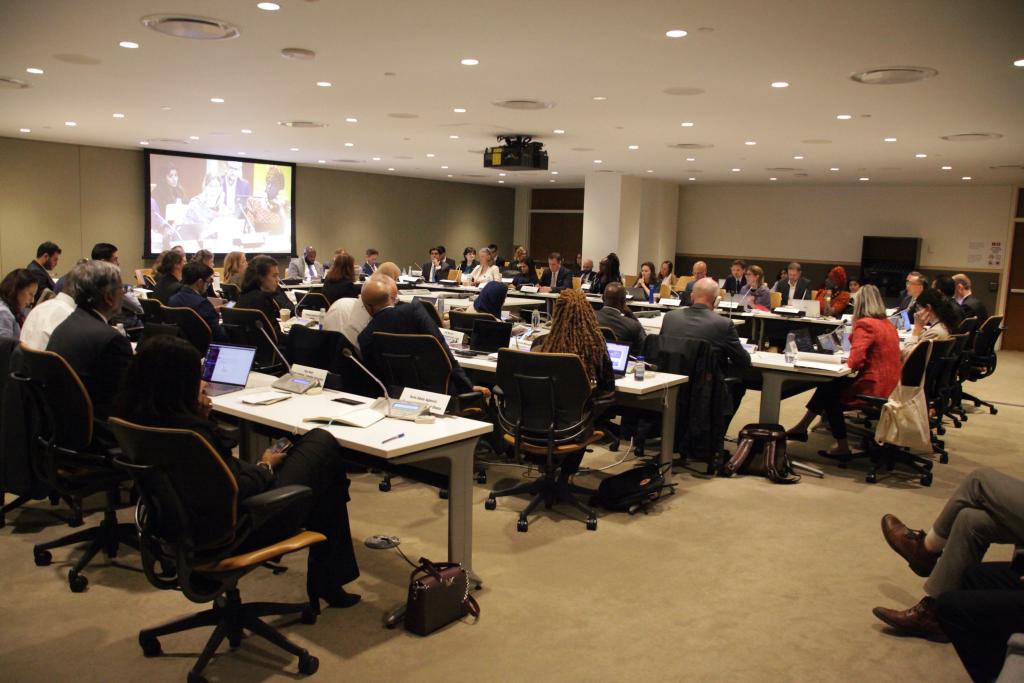 |
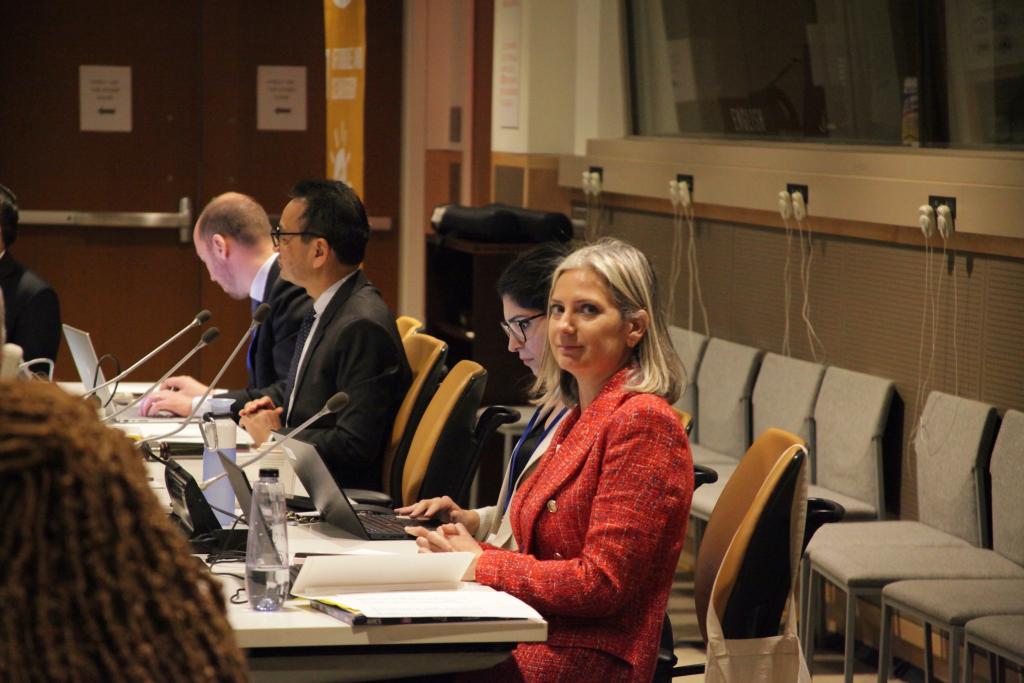 |
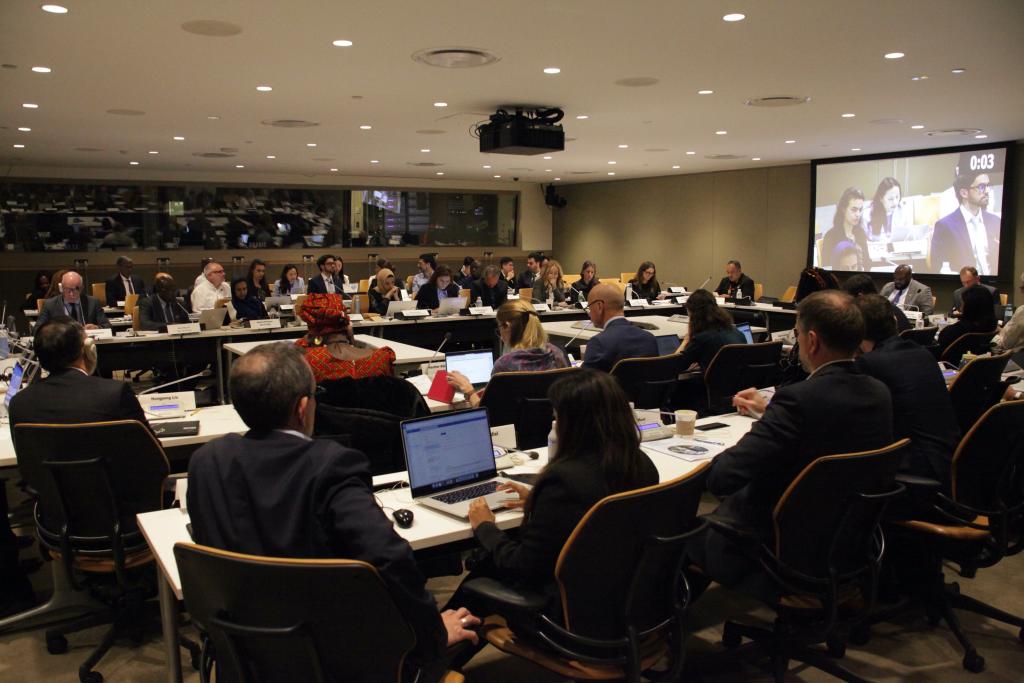 |
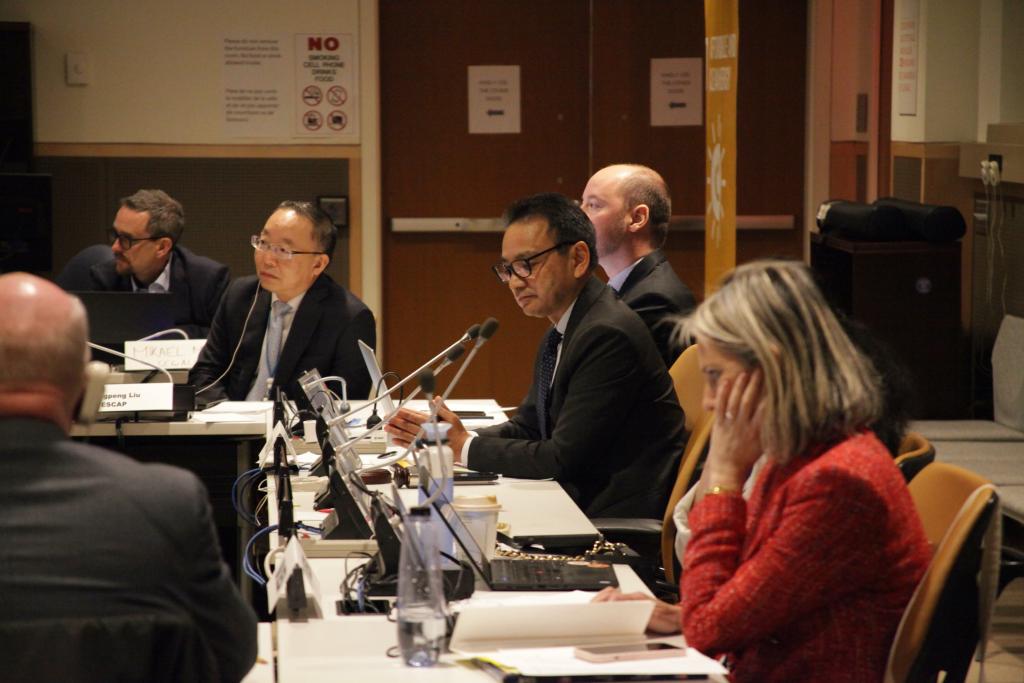 |
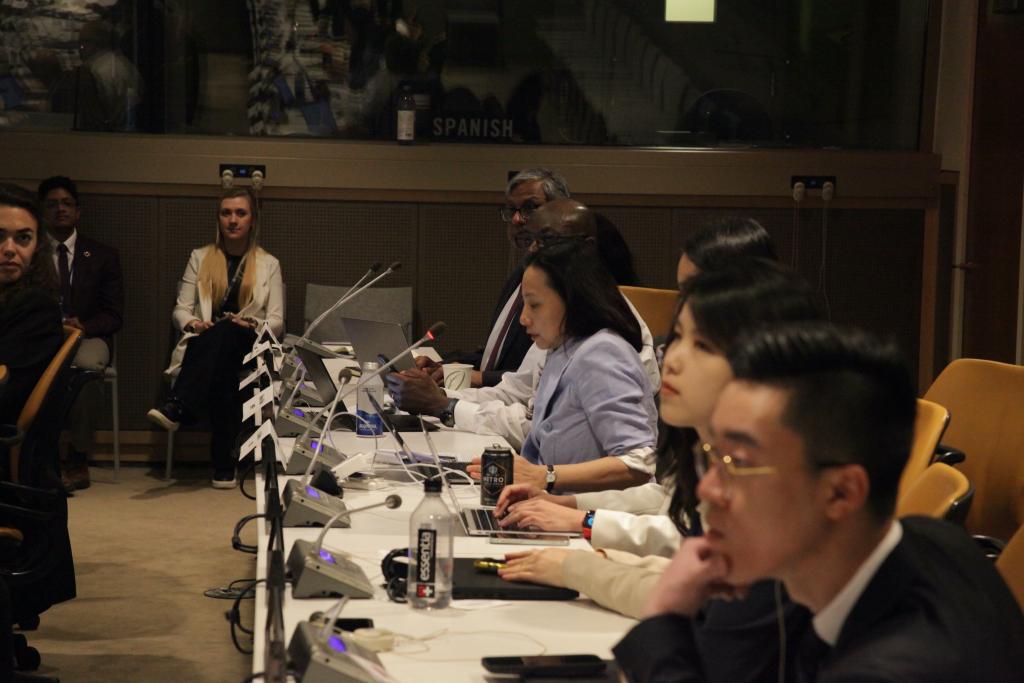 |
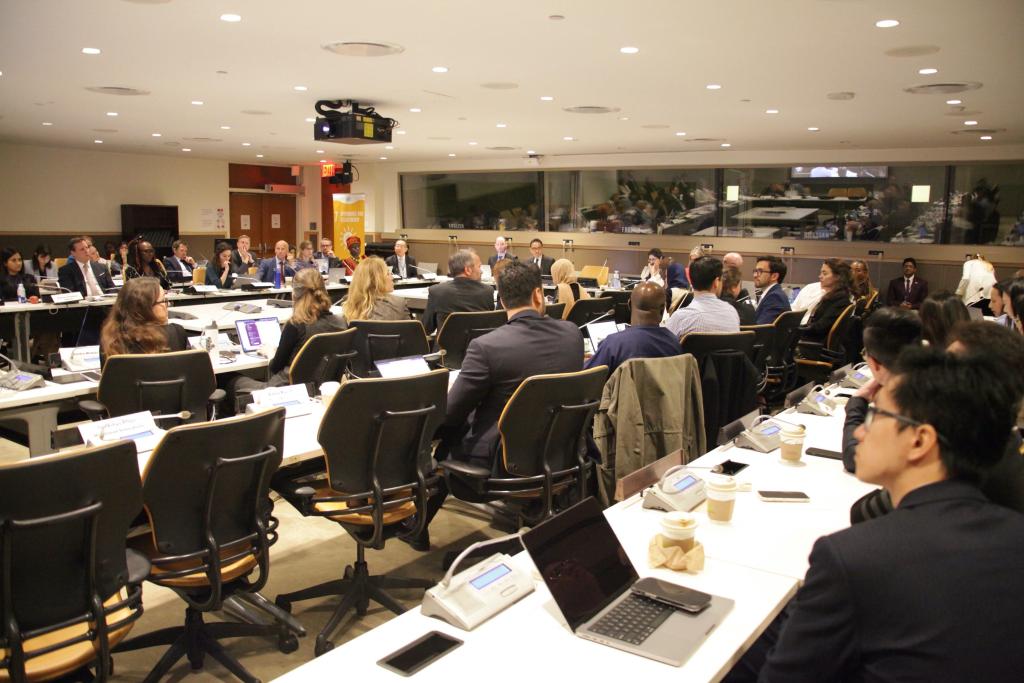 |
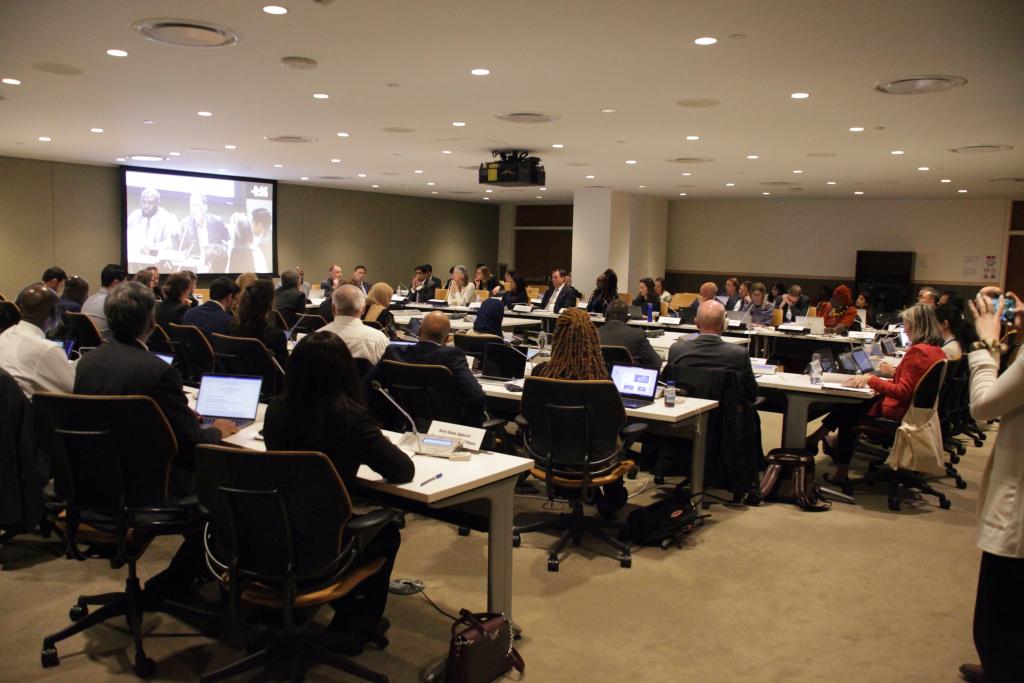 |
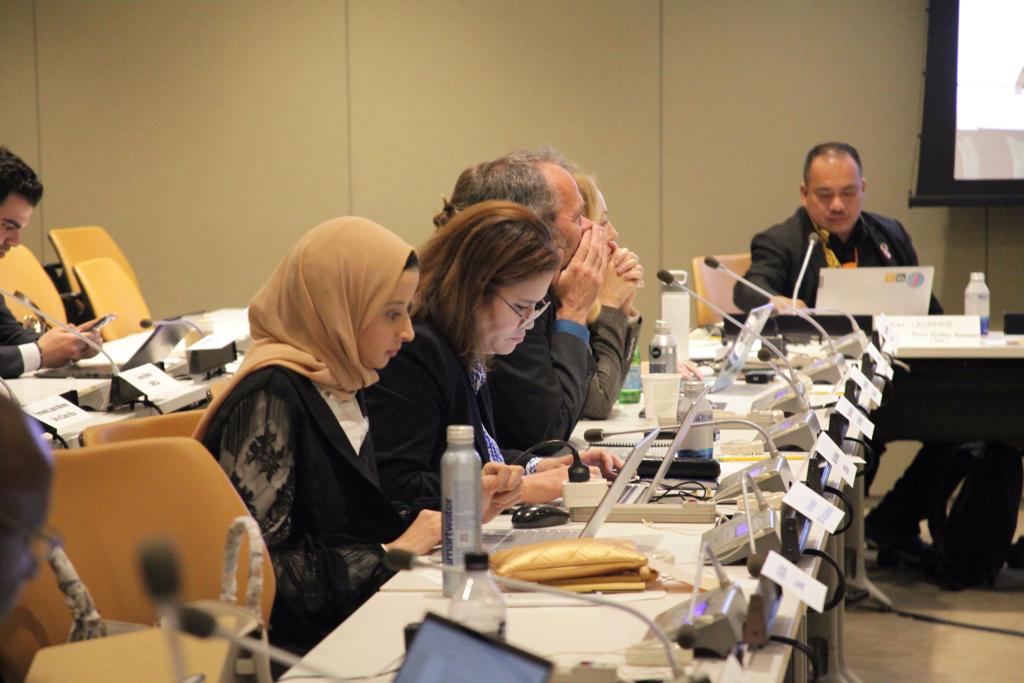 |
 |
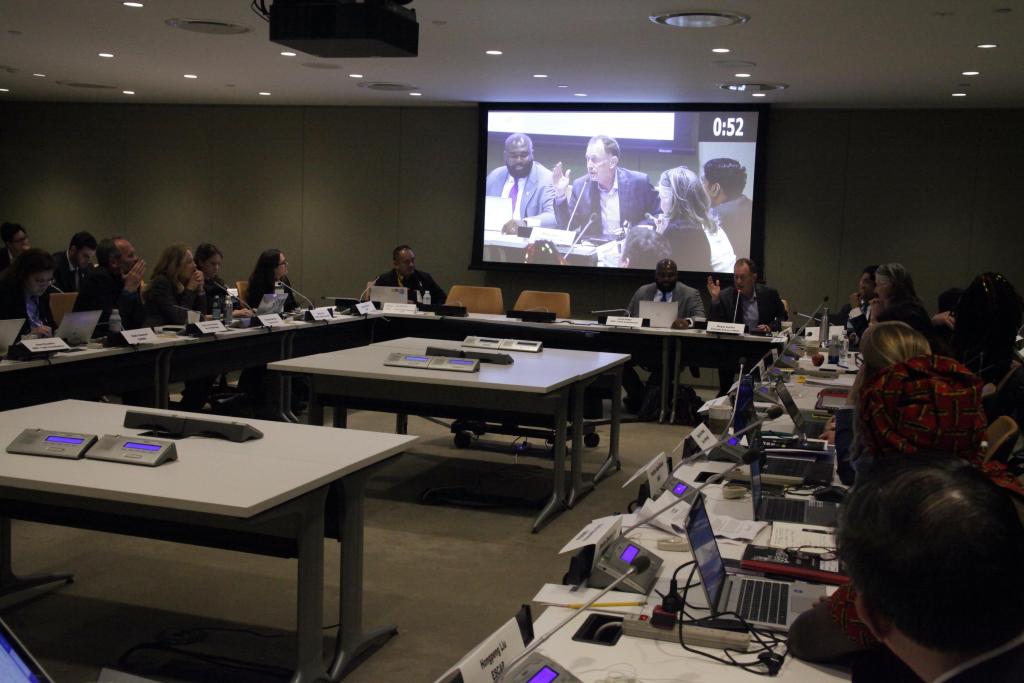 |
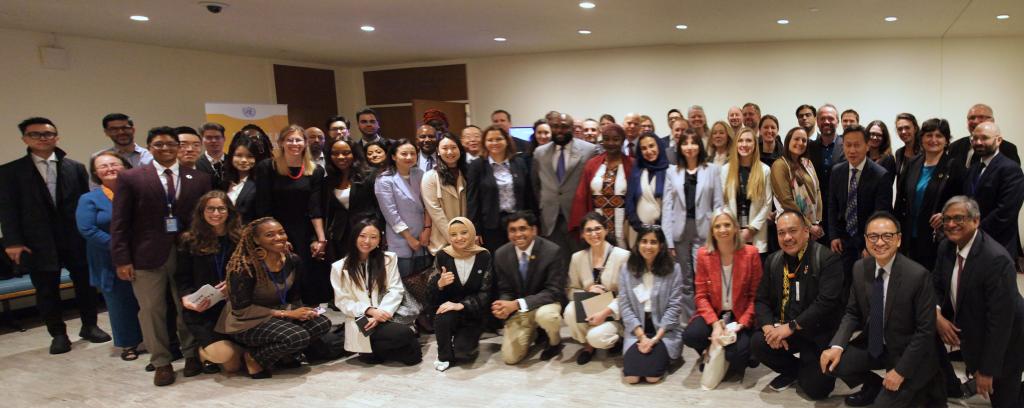 |

